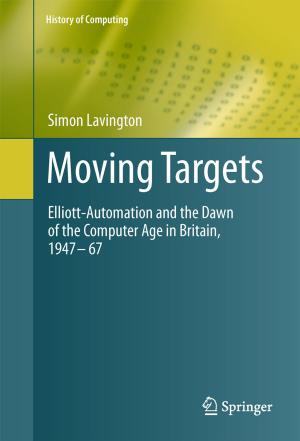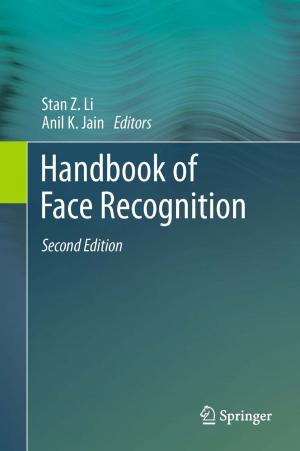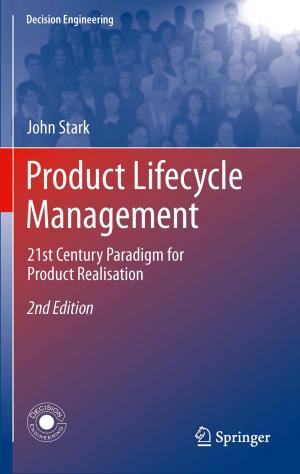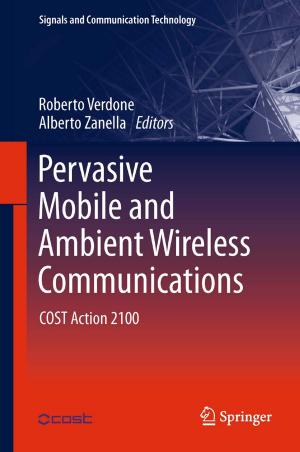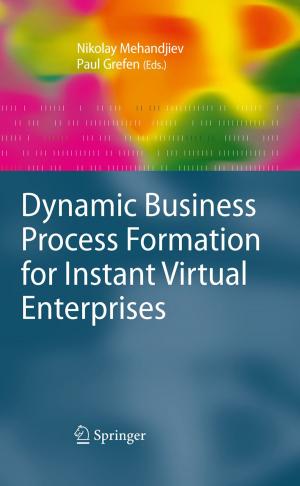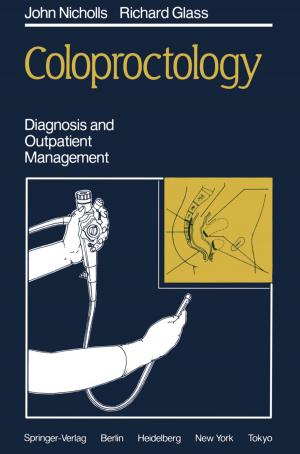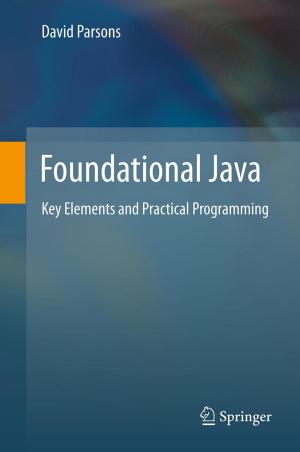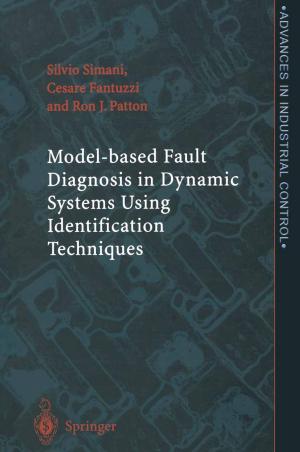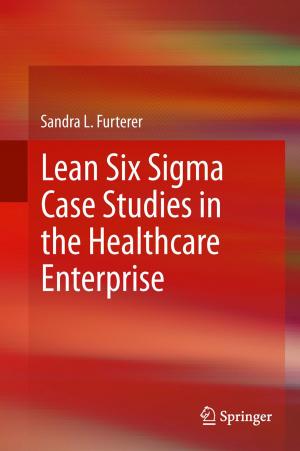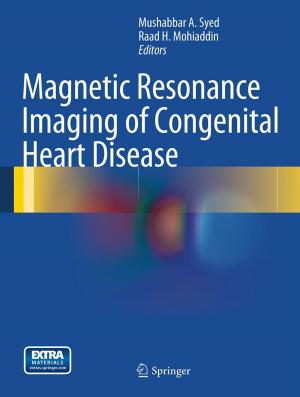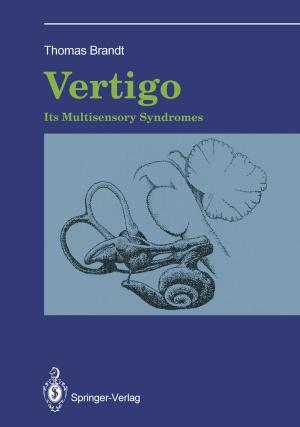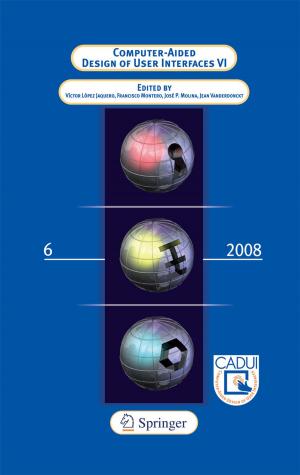CT and Myelography of the Spine and Cord
Techniques, Anatomy and Pathology in Children
Nonfiction, Health & Well Being, Medical, Specialties, Pediatrics, Internal Medicine, Neurology| Author: | H. Pettersson, C.R. Fitz, D.C.F. Harwood-Nash, S. Chuang | ISBN: | 9781447113294 |
| Publisher: | Springer London | Publication: | December 6, 2012 |
| Imprint: | Springer | Language: | English |
| Author: | H. Pettersson, C.R. Fitz, D.C.F. Harwood-Nash, S. Chuang |
| ISBN: | 9781447113294 |
| Publisher: | Springer London |
| Publication: | December 6, 2012 |
| Imprint: | Springer |
| Language: | English |
To study the phenomenon of disease without books is to sail an uncharted sea. While to study books without patients is not to go to sea at all. Sir William Osler Over a period of five years, the impact of computed tomography (CT) on pediatric neuroradiology at The Hospital for Sick Children, Toronto, has been, as expected, in the assessment of the brain and its abnormalities. Concurrent with this application was the introduction of Metrizamide (Amipaque, Nyegaard & Co. AS, Oslo, Norway), a water-soluble CSF contrast medium, used primarily as a myelog raphic agent. The subsequent application of the wide-aperture CT scanner to imaging of the spine in children provided remarkable advances in the clinical management of spinal disease since CT is far more accurate than standard neuroradiologic procedures. The com bination of CT and Metrizamide added a further dimension to the imaging of the spine and of the spinal cord and nerve roots. Such spinal CT and CT Metrizamide myelography in children now occupies a significant part of day-to-day pediatric neuroradiologic practice. They have dramatically enhanced our understanding of the normal anatomy and pathologic entities of the spine and its contents in children; have altered and improved the surgical management of such diseases; and have significantly improved the clinical manage ment of such diseases in the specialties of neurosurgery, orthopedic surgery, and genito-urinary surgery . .
To study the phenomenon of disease without books is to sail an uncharted sea. While to study books without patients is not to go to sea at all. Sir William Osler Over a period of five years, the impact of computed tomography (CT) on pediatric neuroradiology at The Hospital for Sick Children, Toronto, has been, as expected, in the assessment of the brain and its abnormalities. Concurrent with this application was the introduction of Metrizamide (Amipaque, Nyegaard & Co. AS, Oslo, Norway), a water-soluble CSF contrast medium, used primarily as a myelog raphic agent. The subsequent application of the wide-aperture CT scanner to imaging of the spine in children provided remarkable advances in the clinical management of spinal disease since CT is far more accurate than standard neuroradiologic procedures. The com bination of CT and Metrizamide added a further dimension to the imaging of the spine and of the spinal cord and nerve roots. Such spinal CT and CT Metrizamide myelography in children now occupies a significant part of day-to-day pediatric neuroradiologic practice. They have dramatically enhanced our understanding of the normal anatomy and pathologic entities of the spine and its contents in children; have altered and improved the surgical management of such diseases; and have significantly improved the clinical manage ment of such diseases in the specialties of neurosurgery, orthopedic surgery, and genito-urinary surgery . .

